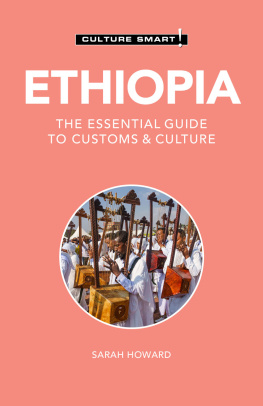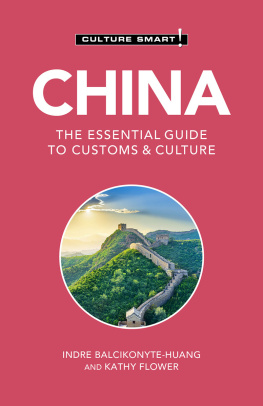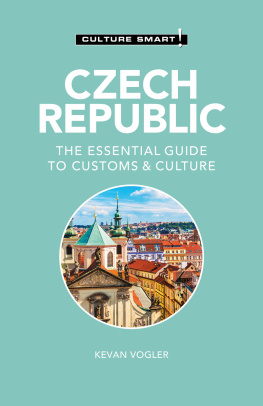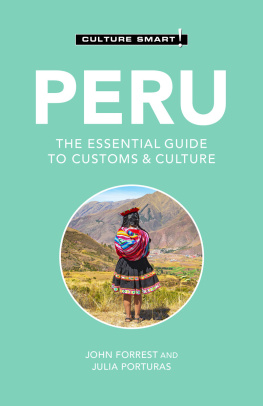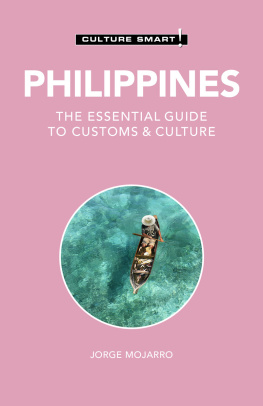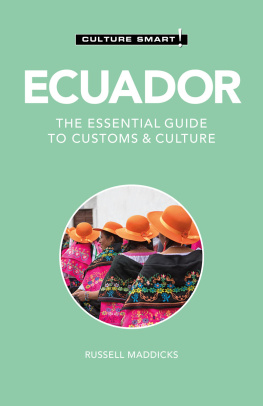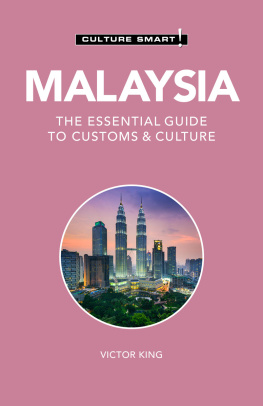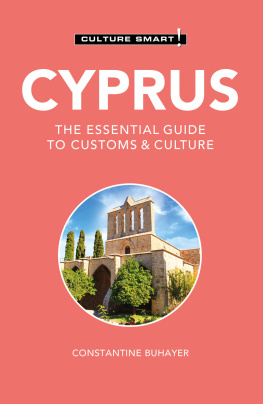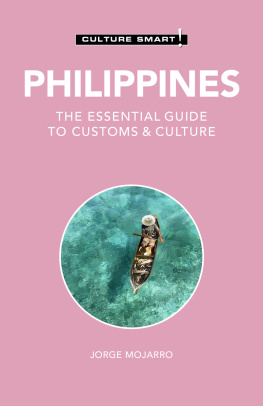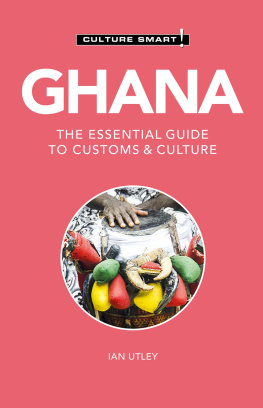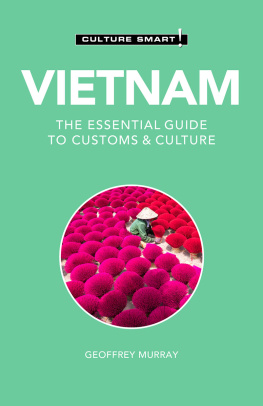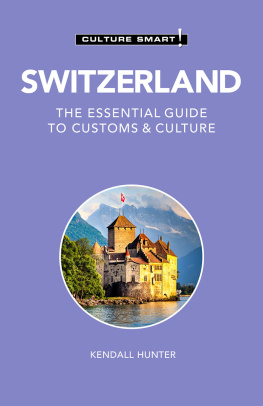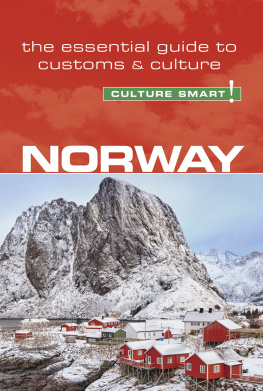Culture Smart! - Ethiopia--Culture Smart!
Here you can read online Culture Smart! - Ethiopia--Culture Smart! full text of the book (entire story) in english for free. Download pdf and epub, get meaning, cover and reviews about this ebook. year: 2021, publisher: Kuperard, genre: Home and family. Description of the work, (preface) as well as reviews are available. Best literature library LitArk.com created for fans of good reading and offers a wide selection of genres:
Romance novel
Science fiction
Adventure
Detective
Science
History
Home and family
Prose
Art
Politics
Computer
Non-fiction
Religion
Business
Children
Humor
Choose a favorite category and find really read worthwhile books. Enjoy immersion in the world of imagination, feel the emotions of the characters or learn something new for yourself, make an fascinating discovery.
- Book:Ethiopia--Culture Smart!
- Author:
- Publisher:Kuperard
- Genre:
- Year:2021
- Rating:4 / 5
- Favourites:Add to favourites
- Your mark:
- 80
- 1
- 2
- 3
- 4
- 5
Ethiopia--Culture Smart!: summary, description and annotation
We offer to read an annotation, description, summary or preface (depends on what the author of the book "Ethiopia--Culture Smart!" wrote himself). If you haven't found the necessary information about the book — write in the comments, we will try to find it.
Ethiopia--Culture Smart! — read online for free the complete book (whole text) full work
Below is the text of the book, divided by pages. System saving the place of the last page read, allows you to conveniently read the book "Ethiopia--Culture Smart!" online for free, without having to search again every time where you left off. Put a bookmark, and you can go to the page where you finished reading at any time.
Font size:
Interval:
Bookmark:
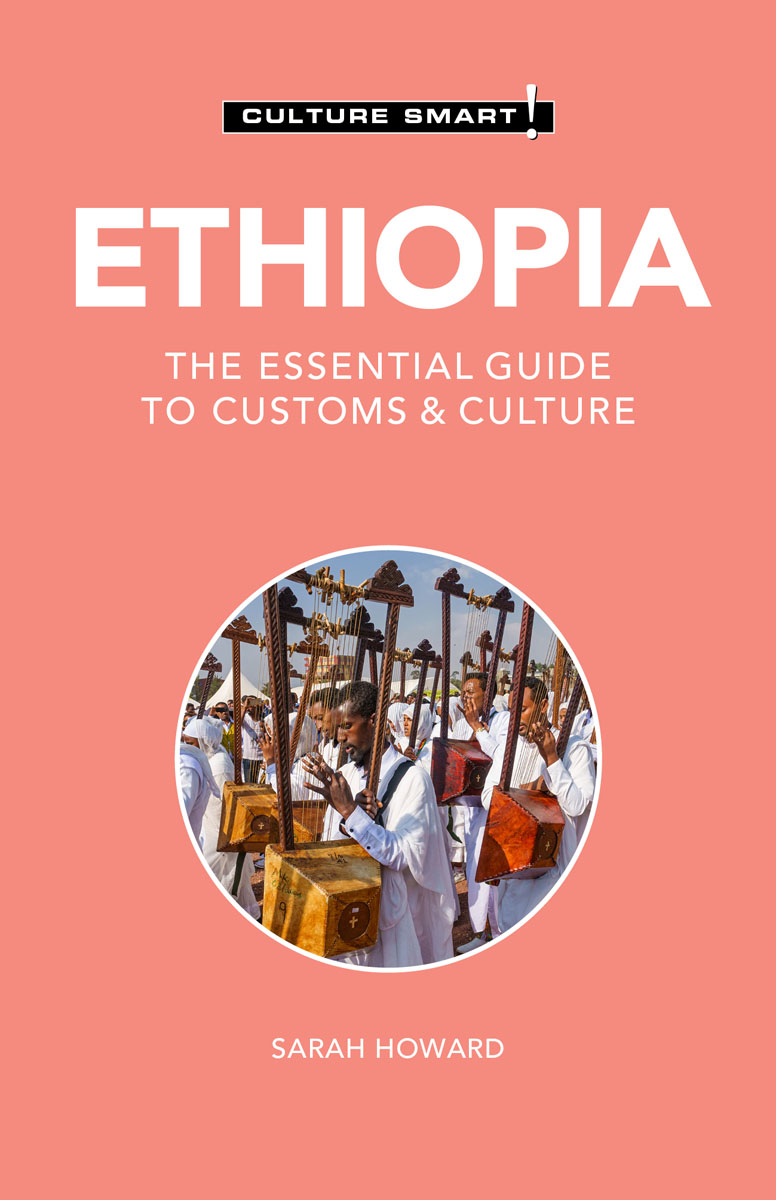
The real voyage of discovery consists not in seeking new landscapes, but in having new eyes.
Adapted from Marcel Proust, Remembrance of Things Past.
ISBN 978 1 78702 264 5
British Library Cataloguing in Publication Data
A CIP catalogue entry for this book is available from the British Library
First published in Great Britain
by Kuperard, an imprint of Bravo Ltd
59 Hutton Grove, London N12 8DS
Tel: +44 (0) 20 8446 2440
www.culturesmart.co.uk
Inquiries:
Design Bobby Birchall
Printed in Turkey
The Culture Smart! series is continuing to expand. All Culture Smart! guides are available as e-books, and many as audio books. For further information and latest titles visit www.culturesmart.co.uk
SARAH HOWARD is a botanical artist and writer who spent her childhood in Kenya. After graduating in African History and Social Anthropology from the School of Oriental and African Studies, University of London, she became a journalist and researcher for two Anglican agencies, and undertook the archiving of the Leakey family papers in Kenya. She continues to offer archival advice on private collections pertaining to East Africa. Since 1989 she has commuted between Scotland and Ethiopia. Turning her interest to plants, she trained in botanical illustration at the Royal Botanic Garden Edinburgh and helped to illustrate the seminal Flora of Ethiopia and Eritrea (Addis Ababa University). She is currently working on painting portraits of Ethiopias endemic plants.
COVID-19
The coronavirus pandemic of 2020 affected millions of people around the world, causing unprecedented social and economic disruption. As the impact of this global crisis continues to unfold, in many countries social norms are being challenged, and enduring changes will be reflected in future editions of Culture Smart! titles.
Acknowledgments

Set in Africa, but not wholly African; an isolated nation, yet receptive to the outside world; hierarchical and conservative, yet innovative and desirous of modernity; conformist as a people, and yet fiercely independent as individualsthe Ethiopian identity defies definition. No sooner have you made a generalization than you realize it does not apply to some other part of the country. This is because Ethiopia was once an empire, made up of many different peoples and cultures.
Ethiopia exists simultaneously in different time periods. Its people, when they come upon something new that might work to their advantage, will embrace it and find ways to improve on it. But they see no reason to change something they have learned to live with over the centuries. Modern democracy has been slow to take hold, given the strong historical antecedents of an imperial past, and Ethiopian bureaucracy can baffle both foreigner and local alike, but they do not question it; instead, they do what they have always donework round it creatively.
All Ethiopians are proud of their history. They are so proud, in fact, that some outsiders see them as condescending. They resist foreign ownership of their assets, sometimes at the cost of economic development, and they resent outside interference. They are proud of being the only African country that fought off attempted conquest and colonization.
Outwardly formal and courteous, Ethiopians present themselves with gravitas, expressed in polite bows to whomever they may meet. Their courtesy is born of the consciousness of being members of a multilingual and multicultural polity, where in order to get on, people have to respect each other. When foreigners experience this, it is not because they are seen as superior, but because they are being treated to the same politeness as an Ethiopian from a different region.
Ethiopians also have a great sense of fun and are capable of great wit, with a penchant for puns and slapstick. This book goes a short way toward introducing you to the Ethiopian peoples. Take an interest in Ethiopias culture and history, and you will be warmly welcomed by your hosts.
Official Name | Federal Democratic Republic of Ethiopia | The older name Abyssinia properly refers only to the Amhara and Tigray regions. |
Capital City | Addis Ababa | Pop. 4.8 million (est.) Alt. 7,870 ft (2,400 m) |
Administrative Regions and Capitals | Afar (Semera); Amhara (Bahr Dar); Benishangul-Gumuz (Asosa); Gambela (Gambela); Harari (Harar); Oromia (Finfinne/Addis Ababa); Somali (Jijiga); Sidama (Hawassa); Southern Nations, Nationalities and Peoples (Hawassa); Tigray (Mekele). Addis Ababa and Dire Dawa are chartered cities with the same status as the regions. Addis Ababa is the countrys capital, capital of a region, and a chartered city. | |
Official Federal Languages | Amharic is the official state language. English is the official foreign language. | Each region has its official language. Some use the Latin alphabet, others a script derived from the Geez language. |
Area | 435,000 sq. miles (1.14 million sq. km) | |
Borders | Eritrea, Djibouti, Somalia, Kenya, Sudan, South Sudan | |
Climate | Temperate to alpine in the mountains; tropical in the lowlands. Varies with altitude and aspect | Two main seasons: dry from Oct. to May, and wet from June to Sept. Poss.short rains in March and April |
Economy | Agriculture | Approx. 70% of people earn their living from the land. |
Currency | Ethiopian Birr (ETB), divided into 100 Santim (centimes) | Coins of 1, 5, 10, 25, and 50 santim; banknotes for 1, 5, 10, 50, and 100 Birr |
Population | 114 million (est.) Median age 19.5 years | Average children per woman: 4.3. Infant mortality: 39 per 1,000 |
Ethnic Diversity from Outside the Horn of Africa | There is a large population of Italians, Greeks, and Armenians, mostly in Addis Ababa. | There are also communities of Yemenis, Saudi Arabians and, more recently, Chinese. |
Main Linguistic Groups | Semitic (Amhara, Tigray and Gurage), Cushitic (Oromo, Somali and Afar), Nilotic (Nuer and Anuak) | There are 83 major languages. Amharinya and Tigrinya are the major Semitic languages; Oromifa and Somali are the main Cushitic languages. |
Religion | Ethiopian Orthodox Christianity and Sunni Islam are the two major religions. | Also Protestant and Catholic Churches, and animistic beliefs in the south |
Government | Democratically elected federal government, with elected regional governments | Local government consists of woredas (districts), town councils, and kebeles (parishes). |
Font size:
Interval:
Bookmark:
Similar books «Ethiopia--Culture Smart!»
Look at similar books to Ethiopia--Culture Smart!. We have selected literature similar in name and meaning in the hope of providing readers with more options to find new, interesting, not yet read works.
Discussion, reviews of the book Ethiopia--Culture Smart! and just readers' own opinions. Leave your comments, write what you think about the work, its meaning or the main characters. Specify what exactly you liked and what you didn't like, and why you think so.

